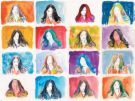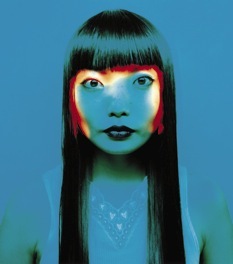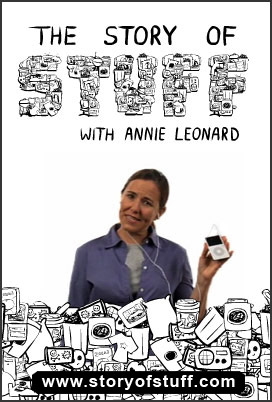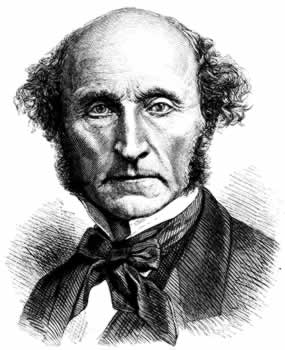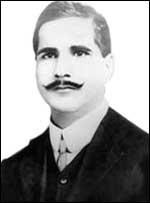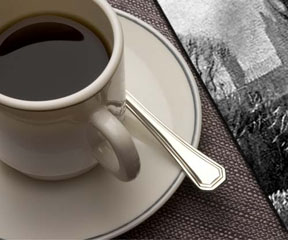november 4th 2008 will go down in history as the day when america reasserted its leadership role in the world, by living up to its promise and showcasing the full force of democracy. a door was opened and we leapt into the future – a future unencumbered by skin color and genealogy and energized by youth and diversity. the differences between what had been and what could be were clear. you just had to look at the crowd that booed mccain’s concession speech and that which was assembled at grant park – we were saying no to racism and small-minded, parochial nationalism by making it irrelevant.
but this is no time to rest on our laurels. harry belafonte said it best on tavis smiley and i quote:
“well, i think of all the people in this country who have earned the right to celebrate, none have earned that right more than the african american community. however, it is not a standalone community, and i think that we have been here before. when slavery was overthrown in the great civil war and we went into the post-civil war period and elected black officials to our congress and our senate, it was not too long after that that we introduced 100 years of apartheid – the cruelest and the most oppressive segregation system known to the world was introduced, and lingered.
we’ve had other occasions when at the end of the second world war, when we all came back with a great sense of hope for america’s future and the fact that we’d defeated fascism and that white supremacy should have no place in the mix of civil society, we went into this period of mccarthyism and emmett till and all the violence and all of the pain and oppression that evoked the need and the hope for a dr king, who came to service.
so i think that although we’ve earned the right to celebrate and we should celebrate, i think we must also understand that we’ve been here before, and now is the time when we are most required to be vigilant and most required to stay the course, because this thing that we have just achieved could be easily taken away from us.
[…] america has always been in a place of great dichotomy. the very inception of this nation, founded by the founding fathers – what a magnificent document they wrote in the creating of the constitution. how ironic that the very same men who wrote that constitution and spoke so passionately about democracy and governance should have been the very same men who were the holders of slaves and who supported the slave tradition.
it was a split in our character, in our personality, in our morality. and all through the years, america’s shown this duplicity, has shown this double standard. i think we’re still the same america with the potential to go wrong very much in our midst. it is up to us to learn from that history and to know that we have another opportunity knocking at our door to turn this country around and to make the world the place the world very much wants to be.”
let’s stay the course this time and live up to our full potential!


